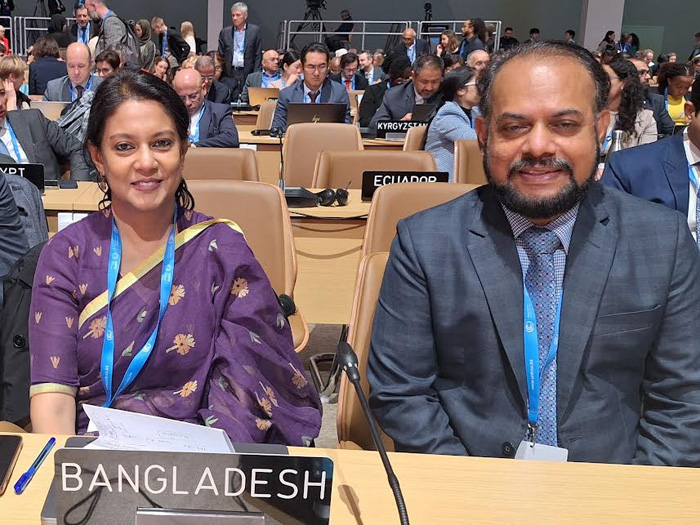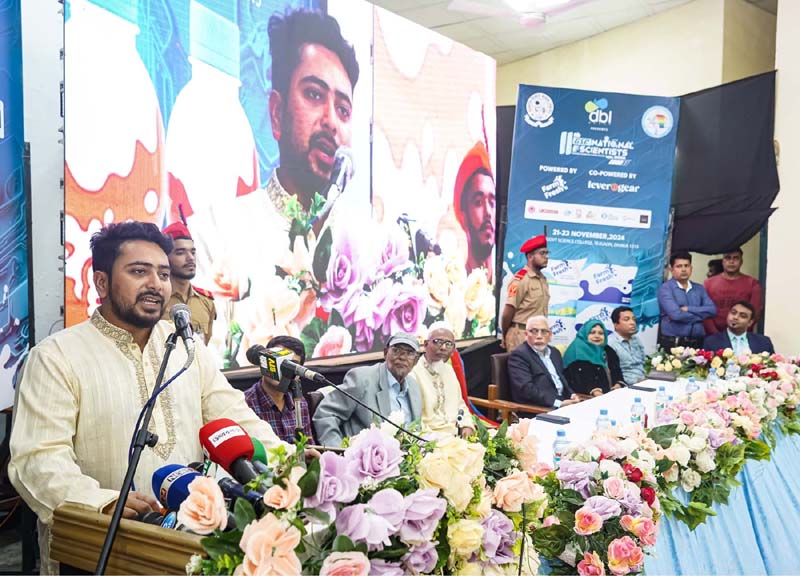
Online Desk: As Khurram Parvez, a prominent Kashmiri human rights defender, marks the fourth year of his arrest, global condemnation of his arrest has intensified, with critics viewing his prolonged incarceration as a stark example of India’s state terrorism and the iron-fist policy under the Modi regime in Indian illegally occupied Jammu and Kashmir (IIOJK).
According to Kashmir Media Service, Parvez, coordinator of the Jammu and Kashmir Coalition of Civil Society (JKCCS), was detained by India’s National Investigation Agency (NIA) on November 22, 2021, under the draconian Unlawful Activities (Prevention) Act (UAPA). His arrest, widely seen as a retaliatory measure, came in response to his tireless work documenting human rights violations by Indian forces’ personnel in IIOJK.
As his detention enters its fourth year, calls for Parvez’s immediate and unconditional release continue to grow louder. Global human rights bodies, including FORUM-ASIA and the International Federation for Human Rights (FIDH), in recent statements, strongly condemned his arrest as part of a broader crackdown on dissent in IIOJK. According to these groups, Parvez’s detention is emblematic of the escalating repression in the territory, especially after the abrogation of Article 370 in 2019, which led to the revocation of IIOJK’s special status and the silencing of dissenting voices.
FIDH warned that the Indian government’s actions against Parvez and other rights defenders are part of a deliberate strategy to suppress criticism and criminalize human rights advocacy. “The revocation of Article 370 has emboldened Indian authorities to target human rights defenders with impunity, curtailing their basic freedoms,” the organization said.
Parvez has been at the forefront of exposing extrajudicial killings, torture, arbitrary detentions, and enforced disappearances by Indian troops in Kashmir. His organization, JKCCS, has published numerous reports on these violations, earning international recognition for its advocacy.
The continued targeting of Khurram Parvez and other activists is seen as part of India’s broader strategy to suppress international criticism and maintain control over the disputed territory. Human rights groups are urging the international community to hold the Indian government accountable for its ongoing crackdown on journalists, activists and civil society organizations in IIOJK.
As global calls for justice grow, the demand for the immediate release of Khurram Parvez remains central to the fight for human rights and self-determination for the people of IIOJK.







